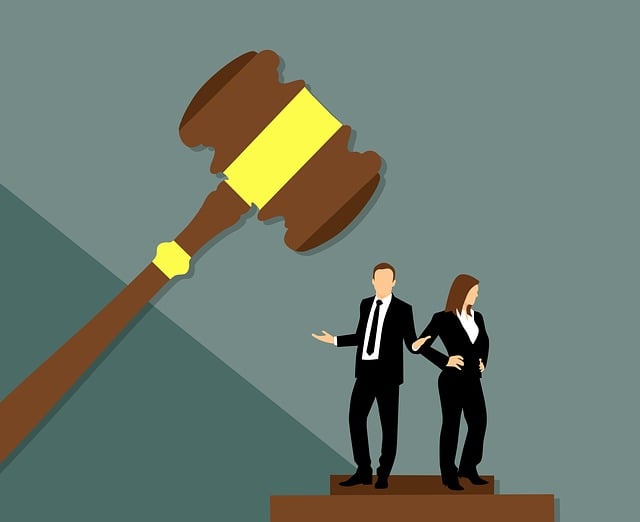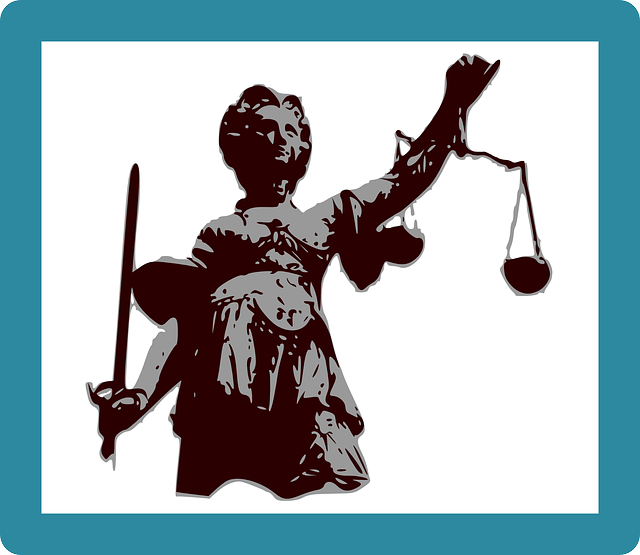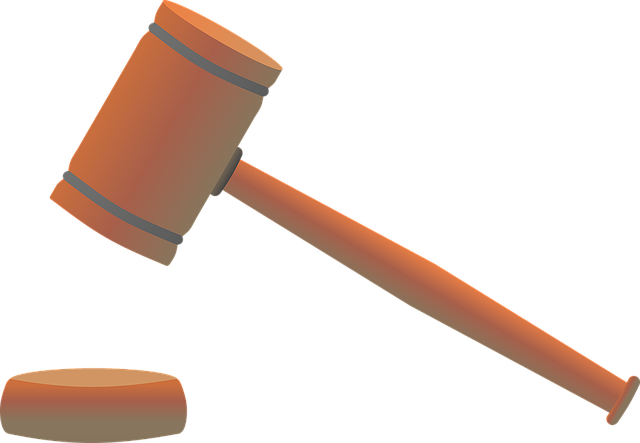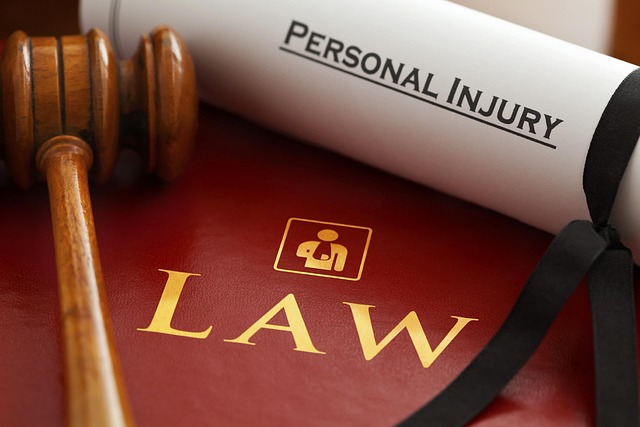Defective product litigation involves individuals or groups suing manufacturers for distributing unsafe goods, aiming to hold responsible parties accountable and ensure consumer safety. Key legal strategies include negligence and strict liability, with complex cases often blending product defects and economic crimes. The process begins with claim assessment, leading to negotiations or court proceedings. Seeking Legal Advice for Defective Product Claims is crucial for navigating these complexities, ensuring fair treatment, and securing just compensation. Skilled professionals guide clients from claim validity assessment to settlement or trial outcomes, fostering transparency in white-collar defense or product liability suits.
“Uncover the intricacies of litigation types, especially in the context of defective product claims. This comprehensive guide explores key legal perspectives and strategies for navigating complex product liability cases. From understanding the fundamentals of defective product litigation to mastering the process from claim initiation to settlement or trial, we provide valuable insights.
Learn about various litigation approaches, seek expert legal advice, and gain a competitive edge in managing these challenges. Discover how to effectively navigate the claims process, ensuring the best possible outcome for your defective product-related concerns.”
- Understanding Defective Product Litigation: A Legal Perspective
- Types of Litigation for Product Liability Cases
- The Process: From Claim to Settlement or Trial
- Seeking Legal Advice: Navigating the Claims Process
Understanding Defective Product Litigation: A Legal Perspective

Defective product litigation is a complex legal landscape where individuals or groups file lawsuits against manufacturers or sellers for distributing goods with inherent defects that cause harm. This type of litigation falls under product liability law, which holds responsible parties accountable for ensuring product safety. When a defective product causes injury, users have the right to seek legal advice for defective product claims and pursue justice.
From a legal perspective, understanding these cases involves recognizing different theories of liability, such as strict liability, negligence, and breach of warranty. Lawsuits often involve intricate investigations to establish causation and determine whether negligence or reckless disregard led to the product’s defect. The goal is not merely to secure compensation but also to hold manufacturers accountable for their actions, ensuring consumer safety across the country. Through successful litigation, victims can achieve complete dismissal of all charges related to defective products, preventing future occurrences and protecting individuals from potential harm.
Types of Litigation for Product Liability Cases

In product liability cases, various types of litigation can arise when consumers are harmed by defective products. The two primary avenues for legal advice in such scenarios are negligence and strict liability. Negligence claims assert that a manufacturer or seller failed to exercise reasonable care in producing or distributing the product, directly leading to the consumer’s injuries. On the other hand, strict liability arguments maintain that certain types of products, due to their inherent risks, should be held liable for damages caused, regardless of fault.
Understanding these legal frameworks is crucial for navigating winning challenging defense verdicts. In complex cases involving white collar and economic crimes, where product defects might be intertwined with financial misdeeds, a meticulous approach is essential. By carefully constructing arguments that focus on both the defect and its consequences, legal teams can help clients avoid indictment and secure just compensation for defective product claims.
The Process: From Claim to Settlement or Trial

The journey of a legal claim, from inception to resolution, involves several crucial steps. It begins when an individual or entity identifies a potential breach of contract, tort, or other legal wrong and decides to seek legal advice for defective product claims or similar matters. This initial assessment is vital as it determines the course of action and the potential avenues for redress. Once a claim is filed, whether through negotiation or court proceedings, both parties engage in a process aimed at reaching a resolution.
In many cases, this process culminates in a settlement, where an agreement is reached to avoid the time-consuming and expensive alternative of jury trials. However, for complex matters involving white collar defense or disputes within philanthropic and political communities, the road to justice can be lengthy. The court system, with its emphasis on due process, ensures that all parties have a fair chance to present their cases. Throughout these proceedings, legal strategies are refined, evidence is gathered, and arguments are crafted, ultimately leading to either an out-of-court settlement or a verdict following jury trials.
Seeking Legal Advice: Navigating the Claims Process

Seeking legal advice is a crucial step for anyone navigating the complex landscape of defective product claims. When a consumer or business encounters a faulty item that causes harm, understanding their rights and options becomes essential. Legal professionals skilled in this area can guide clients through the intricacies of the claims process, ensuring they receive just compensation for any losses incurred.
This journey often begins with assessing the validity of a claim, gathering evidence, and evaluating potential liabilities. For businesses facing white-collar defense issues or product liability suits, having dedicated legal counsel is invaluable. They can help determine whether a settlement or jury trial is the best course of action for respective business interests. Efficient navigation of this process not only ensures fair treatment but also fosters a robust and transparent business environment.
Defective product litigation can be complex, but with the right legal advice, consumers and businesses alike can navigate the claims process effectively. Understanding different types of litigation and the steps involved from claim to settlement or trial is essential. If you’ve been affected by a defective product, seeking professional legal guidance is crucial for ensuring your rights are protected and that you receive fair compensation. By delving into these aspects, individuals can better equip themselves to handle such cases and make informed decisions regarding their defective product claims.






